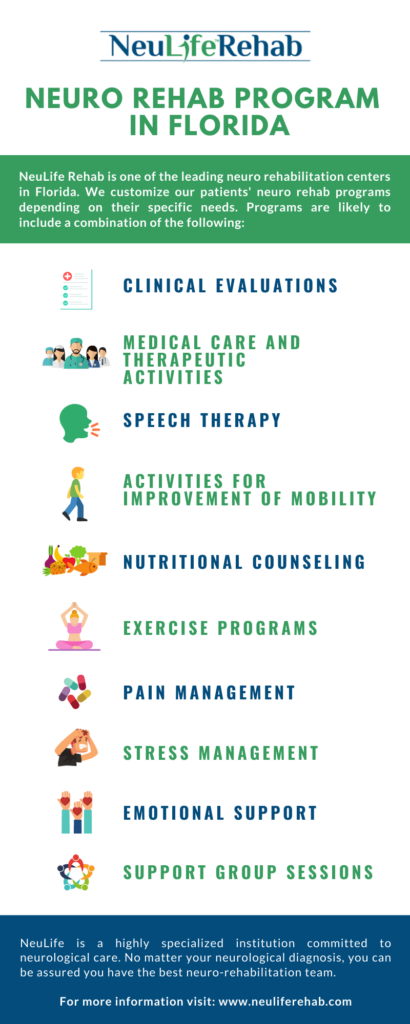Mental health is affected when there is a brain injury. Treatments for the physical symptoms of traumatic brain injury (TBI) are critical, but so is the emotional component. Cognitive-behavioral therapy (CBT) is a popular treatment for these patients at the best brain injury rehabilitation centers.
CBT focuses on challenging and changing unhelpful thoughts and behaviors. As a result, patients learn emotional regulation and healthy coping skills. It is effective for TBI patients who have developed mental health issues due to injury or are struggling with underlying conditions that resurface.
How does CBT treat the side effects of brain injury? We will explain more in-depth as we explore CBT in this article.
Almost without exception, TBI patients experience an impact on emotional regulation and mental health. The following symptoms and conditions occur in TBI patients:
Sometimes patients have struggled in the past, but the brain injury intensifies symptoms. In other instances, the condition emerges after the injury.
Mental health can be frustrating for both the patient and the family. It may also affect other treatment areas such as TBI speech therapy activities and vocational training if not managed. With CBT, patients can address mental health, so they can also be successful throughout rehabilitation.
Cognitive-behavioral therapy is the most widely used treatment method for mental and emotional health. It is effective for treating TBI patients.
CBT focuses on getting patients to understand why they behave in the way they do. At the root, CBT helps patients uncover distorted or unhealthy thinking patterns. Patients learn to understand:
For example, a patient may believe they cannot complete occupational exercises. The patient can then feel anger. The anger leads to frustration when trying to learn occupational techniques taught, subsequently limiting potential. Thus the patient believes they are not successful at the activity.
CBT works to identify unhealthy patterns so the patient can change and find success. As long as there are no severe cognitive deficits due to injury, almost all patients benefit from CBT.
CBT trains TBI patients to change negative thoughts into positive thoughts. There are a few strategies used that are successful.
Through cognitive restructuring, patients learn to challenge their thoughts. Often we believe what we think is true and factual. With a TBI, this can become distorted. Therapists teach patients to question negative thinking to reframe them as positive and hopeful.
Behavioral activation or activity scheduling helps patients schedule positive activities during the day. This can include going on walks or playing a game. It also works to reduce harmful activities such as isolation.
Successive approximation enhances motivation. Patients work on simple tasks where they find success and then build to more challenging tasks.
Communication and emotional regulation can be challenging for TBI patients. Skills training teaches patients how to handle a variety of situations.
If you are looking for a post-acute rehabilitation center following TBI, then a CBT program component should be a factor in choosing the right facility.

NeuLife is an inpatient neuro rehab for TBI patients in Florida. We help patients recover from traumatic brain injury, stroke, brain tumors, spinal injuries, and other neurological diseases that may require rehabilitation.
Our facility successfully helps patients through structured programming, including speech, physical therapy, medical care, skills development, nutrition and exercise, and mental health therapies, including CBT.
Contact us at 800.626.3876 to get your questions answered or make a referral.

We know that choosing the next step in your recovery from a catastrophic illness or injury is complex. Together, we can help you take the next step.
Contact us with any questions today.